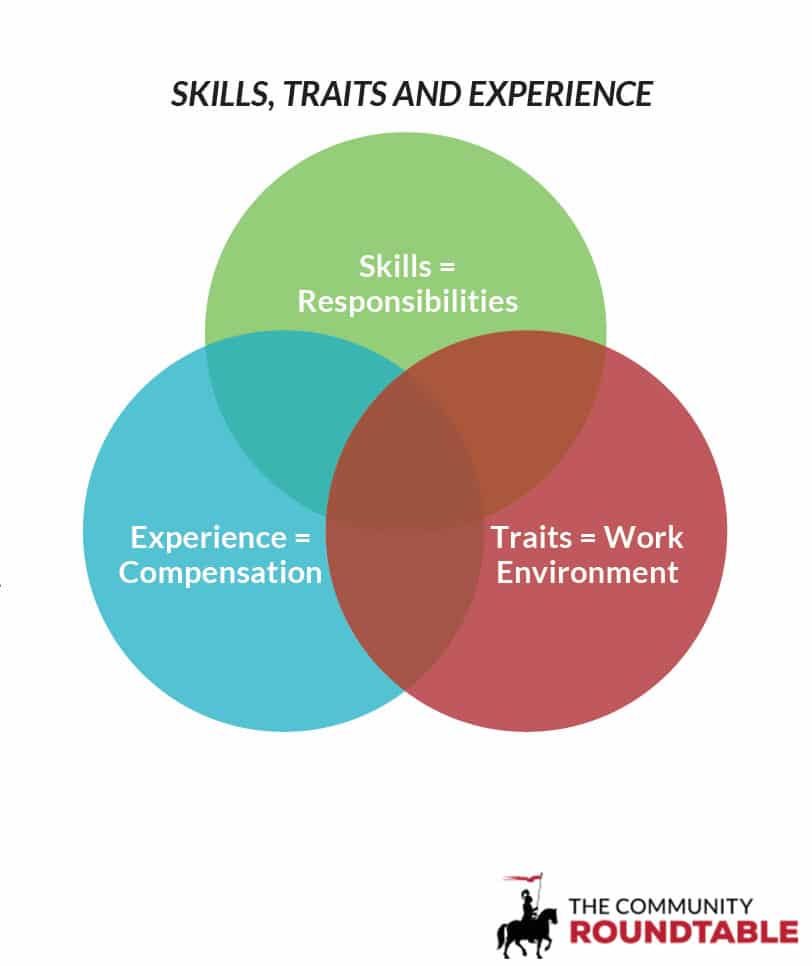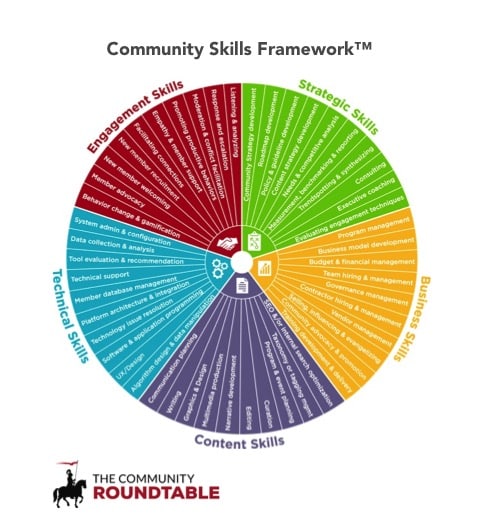
A quick search on LinkedIn finds more than 1,000 jobs with “Community Manager” in the title at any given moment. Subtract the ones about property management, and add in “Online Community”, “Community Specialist” and a dozen other terms and you are left with several hundred job descriptions — not two of which have the exact same requirements or expectations. As we have noted on many occasions, many current community management job descriptions are not well balanced and tend to be misaligned in one or more of the following ways:
- Hiring organizations want more experience than they can get for the compensation they are offering.
- They expect more specific expertise than is reasonable for the general years of experience required.
- They ask for more advanced skills than are required for the role’s responsibilities.
- They have too many responsibilities listed for one individual to reasonably be able to handle.
- The traits they are seeking are misaligned with the work environment (i.e. agile in a big bureaucracy).

Enter The Community Skills Framework
Using the Community Skills Framework to craft job descriptions based on the skills you value, and aligning those skills with the appropriate roles and compensation can do a great deal for talent acquisitionand retention. A simple exercise can help. On the Framework, check off the skills you value and need for your team. Those skills can form the basis of a job ad.
Then ask yourself some questions:
- What level of individual (i.e. — a moderator, manager, strategist, etc.) are these skills most applicable for? Set the right title.
- Is there a reasonable expectation that I can attract the skills I want, with the experience I need, at the compensation I can offer?
- Am I seeking a unicorn? (A person with such unique qualifications — such as a business model expert who can code APIs — that I’ll never find them, and would be better served with a narrower focus or two hires.)
The best job ads take into account not only the skills you value, but the experience you need and the traits you desire in your next hire. By making sure your expectations are realistic and your compensation competitive, you can find talented community professionals — and keep them.
